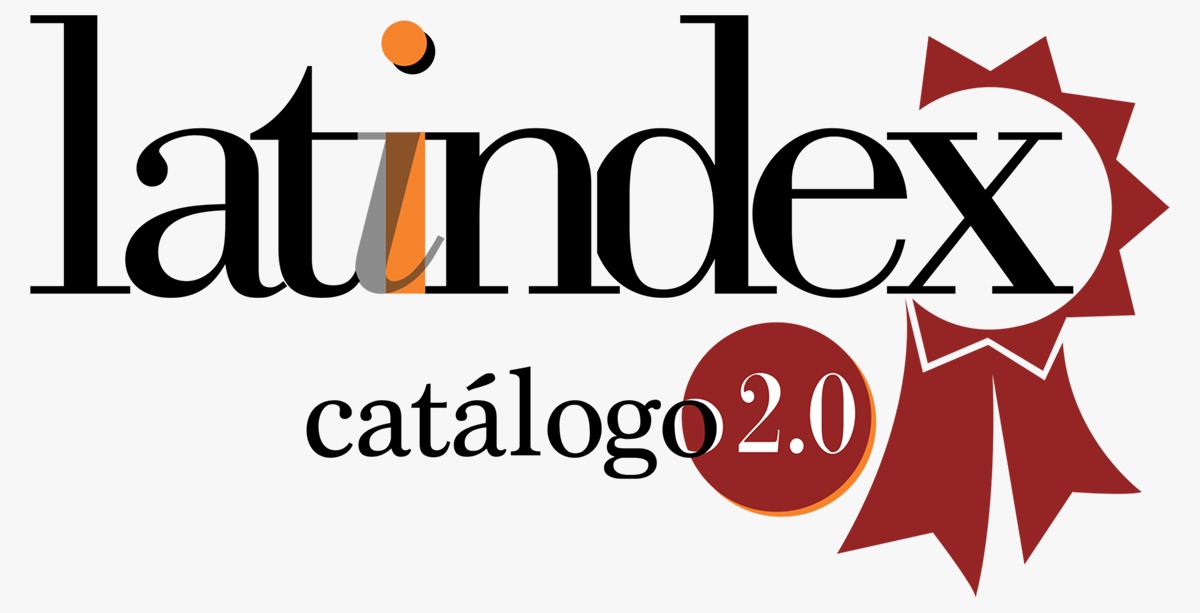Problem-based learning and its influence on investigative skills in students of the Faculty of Education of the UNFV- 2020
DOI:
https://doi.org/10.47865/igob.vol3.2020.82Keywords:
Problem-based learning (PBL), Investigative SkillsAbstract
Higher Education must provide comprehensive training, developing capacities, skills and abilities in students to consciously transform social, cultural, educational, economic, environmental, technological and global development through real problems of the context with the didactic application guidelines to sustainably develop research skills, forming guidelines to sustainably develop research skills, forming autonomous, creative, communicative, responsible, self-taught students
Within this context, the research entitled: "PROBLEM-BASED LEARNING AND ITS INFLUENCE ON RESEARCH SKILLS IN STUDENTS OF THE UNFV-2020 FACULTY OF EDUCATION" is an exploratory investigation because it led to the formulation of the research problem and the objectives of the study; explanatory because it reveals the effects of applicative causes with a quantitative approach, with a quasi-experimental design, in a quasi-experimental study where the independent variable (ABP) is intentionally manipulated, to see the results These two groups are administered a previous test to measure the conditions in which the students are with respect to the independent variable (ABP), then both groups are subjected to the post test. As expressed by Román (2004) "The university more than a provider of information must be a builder of knowledge, producing well-ordered minds."
Downloads
Published
How to Cite
Issue
Section
License
Copyright (c) 2020 IGOBERNANZA

This work is licensed under a Creative Commons Attribution-NonCommercial-ShareAlike 4.0 International License.
Esta obra está bajo una licencia internacional Creative Commons Atribución-NoComercial-CompartirIgual 4.0.
















